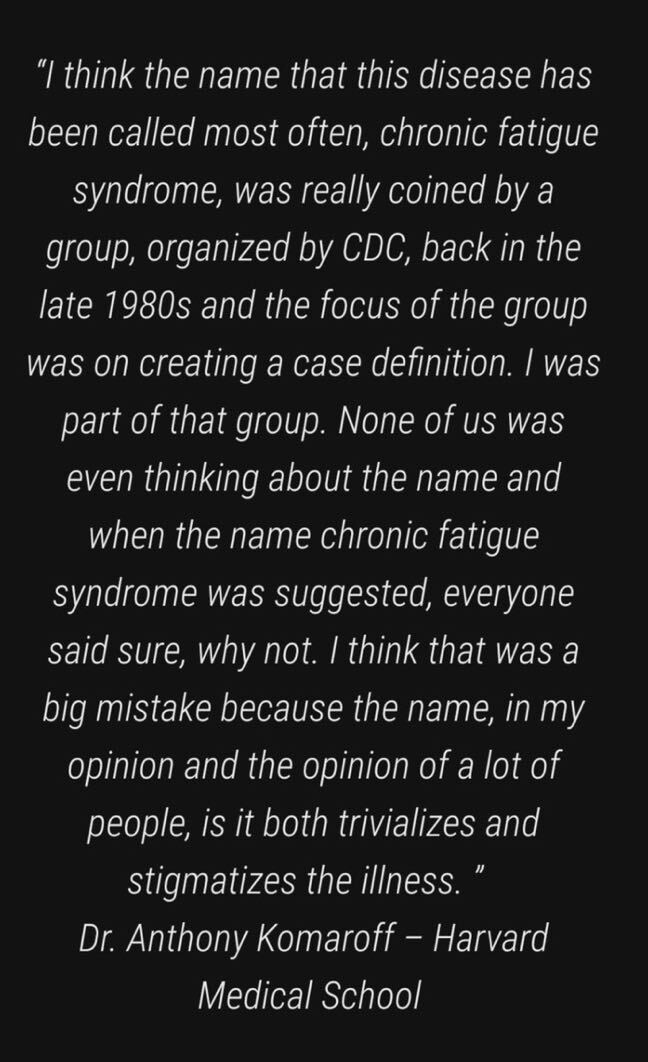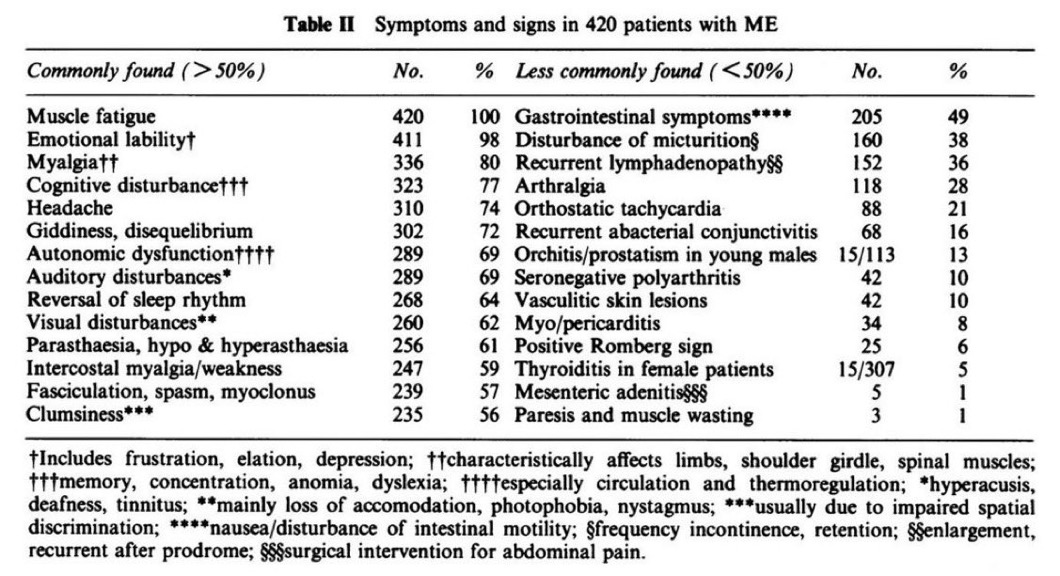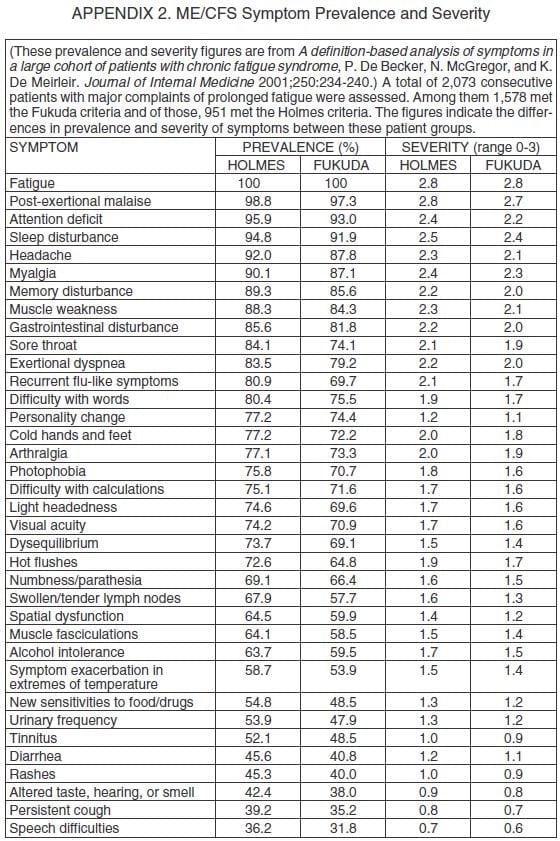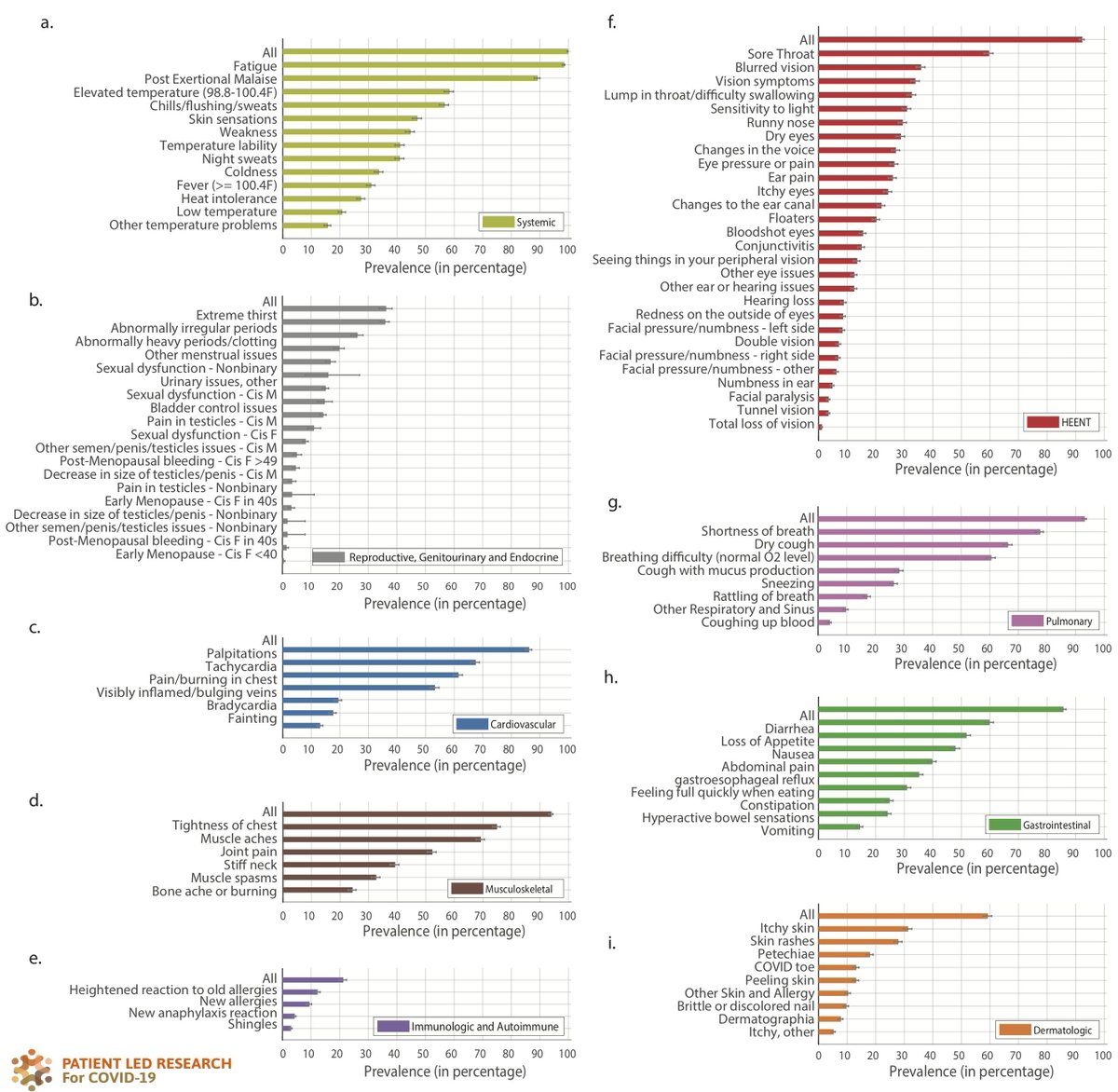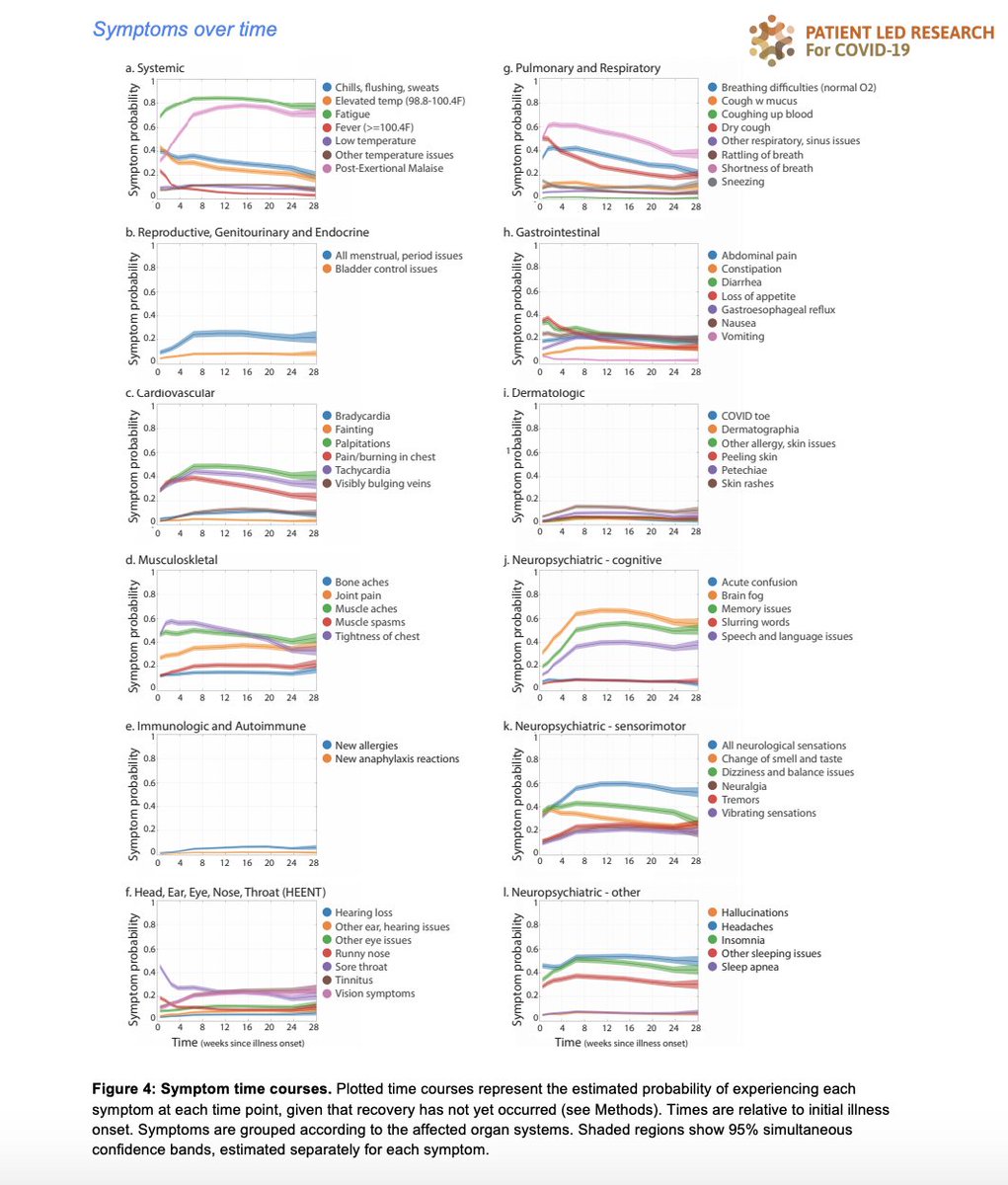
My first #LongCOVID symptom was that I couldn't read a text message.
Most of the time when I tell people this, it's met with shock or surprise, but it's not really uncommon. Here's a piece on "Long COVID's dementia symptoms" in younger people. 1/
thetimes.co.uk/article/i-left…
Most of the time when I tell people this, it's met with shock or surprise, but it's not really uncommon. Here's a piece on "Long COVID's dementia symptoms" in younger people. 1/
thetimes.co.uk/article/i-left…
"Dozens of younger adults recovering from the long-term effects of coronavirus have unexpectedly displayed dementia-like symptoms, including short-term memory loss and an inability to read or form sentences." 2/
A doctor leading a study into “long Covid” said that virtually all her patients aged between 18 and 40 had neurological problems, ranging from impaired balance and motor control to physical numbness and difficulty with language. 3/
"A cancer radiologist was forced to give up his three practices because he was unable to identify tumours in scans. A 40-year-old dialysis nurse found that she could no longer read and flooded her flat after forgetting that she had left her kitchen tap running." 4/
We at @patientled found no age difference in the cognitive dysfunction, memory loss, or impact on daily life between age groups. 5/
https://twitter.com/ahandvanish/status/1343293635870208001
We also found that sensorimotor symptoms like those listed above (dizziness/vertigo, physical numbness, paresthesias) happened in 91% of #LongCovid patients.
• • •
Missing some Tweet in this thread? You can try to
force a refresh

